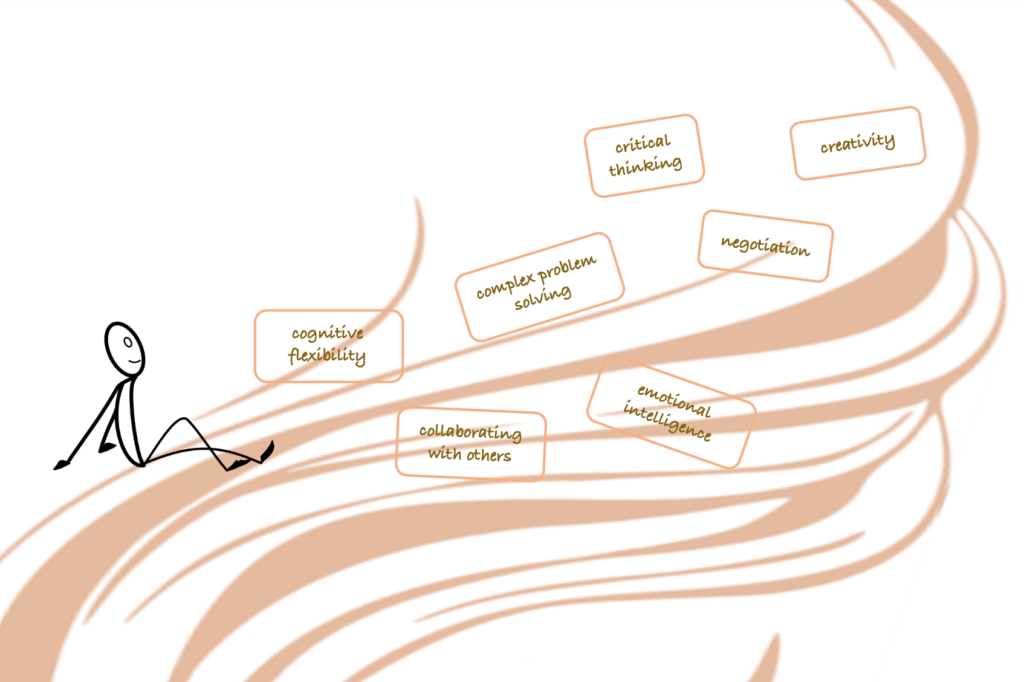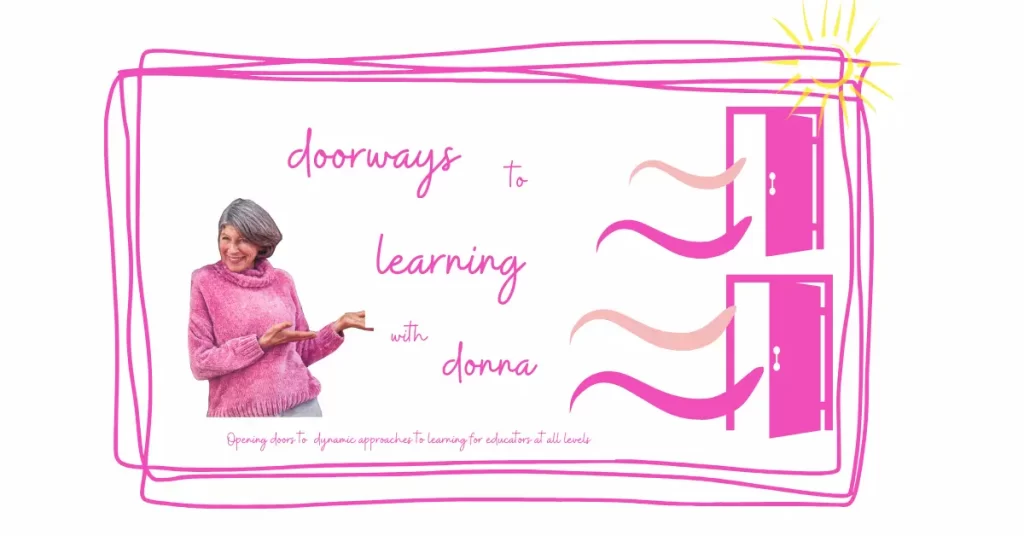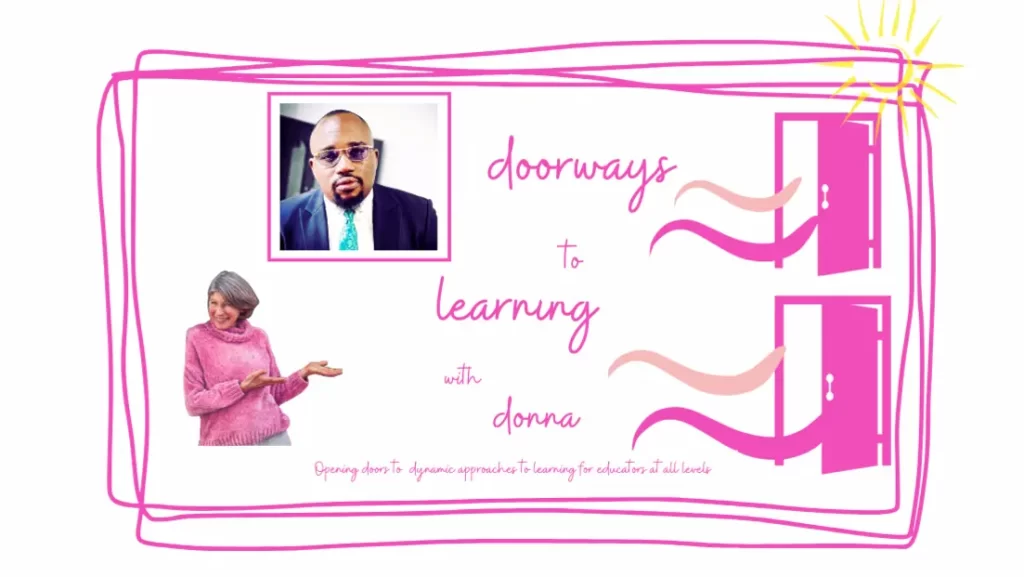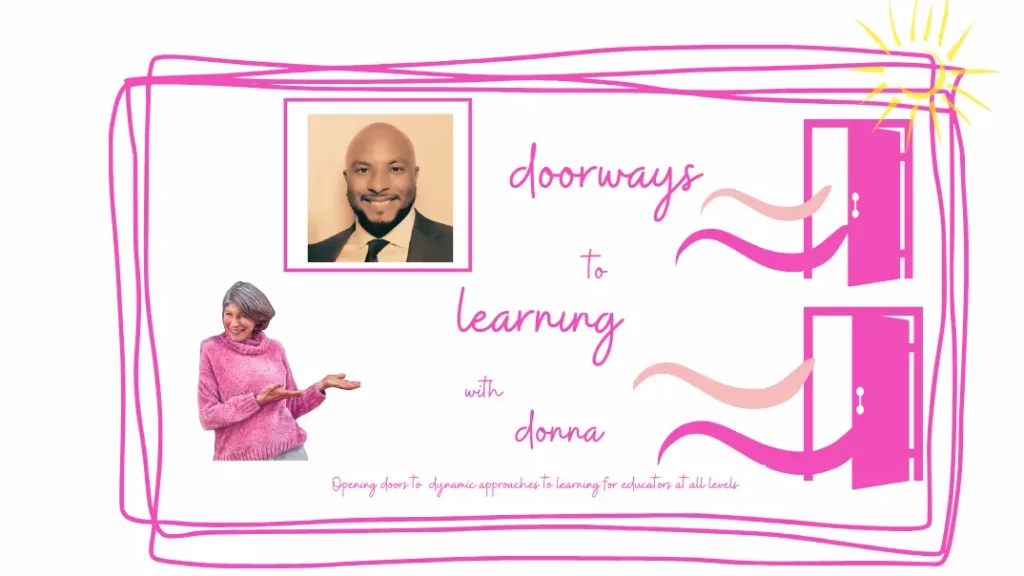Is asking. a child with dyslexia to study in a language that is not his home language too much?
And if the parents don’t speak the classroom language, are they damaging their children’s school possiblities?
What are some critieron we can take into account to choose a language immersion profram?
Pamela Fields is the Deputy Secretary General of CULCON, which is both a part of and independent of the functioning US government, with the mission of joining U.S. and Japanese interests in cultural and educational issues. In this podcast, Pamela shares the personal desires and concerns she had of her children studying a language neither she nor her husband were fluent in, although they’re both fluent in many, the benefits of these studies for her son who is dyslexic, and the many advantages both her children have enjoyed from having grown up surrounded by many languages.
Some fantastic takeaways:
- Bilingual education: Keep the goal in mind. If you don’t speak the language your children have an opportunity to learn in school, remember that it’s about them, not us.
- The fact that I couldn’t help my children with homework, as the language became past my ability to participate, is that they became less reliant on me and more reliant on themselves to compete tasks. In other words, not only did the immersion help them learn the language, but it also gave them strong social skills such as student agency.
- My son is dyslexic, and we read enough about this to decide that learning in a bilingual environment would not hinder his cognitive or social growth but would actually aid him.
Subscribe to get notices for new episodes and free activities to use in your classes HERE.
You can find more conversations like this one at Doorways to Learning with Donna
If you like this episode, treat Donna to a coffee!!

Scaffoldingmagic.com is your entryway into DYNAMIC bilingual learning methodologies, such as Phenomenon-Based Learning, CLIL, EMI, and ESL. You’ll find ways to implement critical thinking tools (DOK) to promote higher level thinking, the growth mindset, instill an ethic of excellence, deep reflection on learning, and all through multi-cultural, interdisciplinary activities. We have the keys to turning competences into action and to creating collective efficacy in your school so you move ahead as a unified, enthusiastic team.





